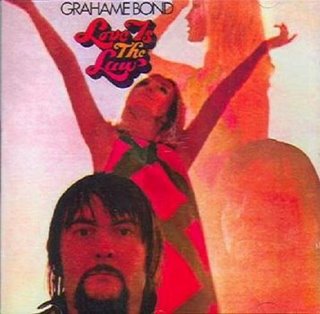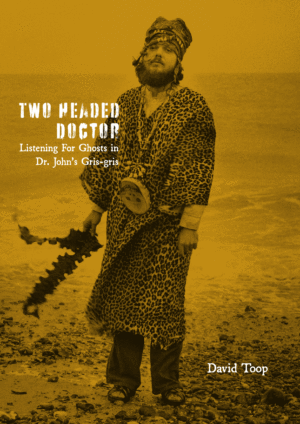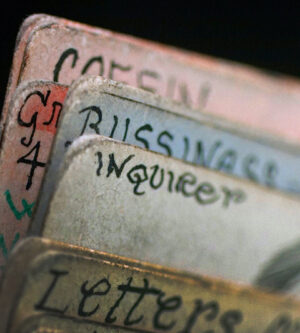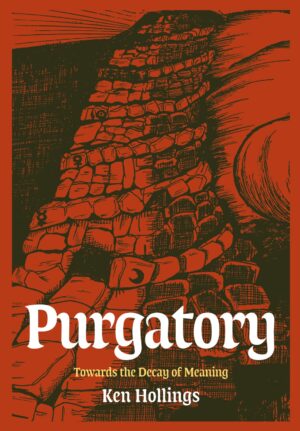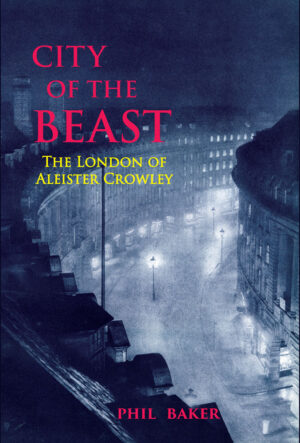A little late in the day I’m afraid – but this Saturday at 5.15pm, I’ll be giving a presentation on 20th century occultism and witchcraft, and their influence on British pop music. It’s part of the Supersonic festival at the Custard Factory in Birmingham, UK. It’s only a 40 minute slot and I want to play some tunes and show some films, so it’s going to be a whistlestop tour, but it should be interesting and fun. I’ve also written a more personal piece about magic and music for their programme.
Last year’s Supersonic was a triumph of good taste and deft organisation and this year looks to be no different.
You can see the full line up here:
Plan B magazine asked me to compile a few favourite occult tunes for their mailout a few weeks back, so here it is again after the break..
From Heretics to Headbangers: a brief history of magic and popular music in 20th Century Britain. (Part I)
Trying to condense a history of magic – even 20th century magic –into a half hour talk is a bit like trying to outline a history of pop music in the same length of time. It would take longer than that to define magic itself, though like The Fool I’m probably going to try it.
While there is at least one book on Satanism in rock, very little has been written about witchcraft and the western magical traditions in pop music, probably because most people see them as one and the same thing. This couldn’t be further from the truth, but to keep things manageable I’m (mostly) keeping Satan out of the picture – he always leaves a mess behind his big purple arse anyway. For similar reasons I’m also restricting my micro-history to the UK – I have half an hour, not half a lifetime.
A recent survey of music used in actual magical practice was heavy on the Enya and light on the Black Sabbath: remember, occultists are people too, and songs about magic aren’t necessarily what magicians like to listen to, especially when they’re ‘working.’ Two of the most active sorcerers I know prefer Funkadelic and Northern Soul to Black Metal, though there are undoubtedly groups out there who like something a little stronger inside the magic circle.
As a taster for the talk, here I present an entirely partial, triumphantly uncomprehensive list of some of my favourite British occult recordings. They’ve been selected for both their music and their content, though not always at the same time.
I Hear a New World : Joe Meek 1960
“I hear a new world…calling me… so strange and so real… haunting me… how can I tell her, what’s in store for me?” Although this is presented as an Outer Space record, the tragic Joe Meek was just as obsessed with inner space, conducting seances in graveyards and claiming to have divined the death of his hero Buddy Holly during one of them. Recorded in Meek’s bathroom and kitchen, this is a triumph of magical imagination over drab reality.
Austin Osman Spare / Bulldog Breed 1969
Bulldog Breed made one pretty decent acid rock record, Made in England, before disappearing into an obscurity that is profound even by occult standards. This whimsical, very Floydian number was inspired by Austin Spare, a remarkably talented, gnomic South London artist and occultist who has acquired something of a mythic status in esoteric and outsider art circles. Since his death in 1956, Spare’s work has been collected and admired by Jimmy Page, the late John Balance of Coil and Barry Humphreys amongst others, but during his lifetime he preferred to exhibit in the pub and give pictures to friends, including the grandmother of Bulldog Breed’s guitarist.
Come to the Sabbat / Black Widow 1970
Cursed forever to be confused with their contemporaries Black ‘we are not an occult group’ Sabbath, Leicester’s Black Widow caused quite a stir with their racy Black Magic stage show and explicitly witchy lyrics. The band were endorsed by self-proclaimed ‘King of the Witches’, Alex Sanders, who also lent them his wife and High Priestess, Maxine, though only after he’d told them off for invoking Satan and Astaroth in the same song, Come to the Sabbat, which sounds more like an elvish tea party than a Satanic mass.
Great Silkie / Trees 1970
Magic hit folk rock hard and while some purists consider Trees to be just a daimonic shadow of Fairport Convention, their first album, The Garden of Jane Delawney, positively glows with raw and fragile energy. Great Silkie is a haunting traditional Orkney ballad about love and shape-shifting, two perennial themes of folklore and witchcraft, here rocked up with soaring guitar solos and tumbling drums.
Holy Magick / Graham Bond 1971
A wild and free jazz and gospel-tinged blast of enochian blues rock from the godfather of British r’n’b. Graham Bond was always known as something of a wildman and his regular depressions, coupled with heavy-duty drug and alcohol use, kept him closer to the true bluesmen than the pop charts. Bond had a keen interest in witchcraft and magic, eventually coming to believe that he was Aleister Crowley’s son. His life ended abruptly at age 36, beneath a tube train at London’s Finsbury Park station in 1974.
United / Throbbing Gristle 1978
A sweetly simple, incantatory electronic pop single from the wreckers of civilisation. Deeply hallucinatory, the song seems to be about love (both shared and unrequited), football and telepathy amongst other things, while Genesis P Orridge gently interrupts proceedings with a chant of ‘Love is the Law’ a line channelled via his wife Rose Kelly, to Britain’s grand magus Aleister Crowley in 1904.
………..
Throbbing Gristle and its later offshoots Coil, Psychic TV and Current 93 mark the end of this first era of magical music, at which point it became something of a genre itself. Magic became less of an inspiration and more of a stylistic obligation, at the expense of the music in my opinion, so it’s here that I’ll leave you for now. I do believe that the past few years have seen things get a whole lot more interesting with the new psychedelic folk groups and the heathen rock diaspora taking things in new directions, so perhaps at some point I’ll get to do a part II…
………..
PS please do chip in with your own entries to the list – this is entirely subjective and intentionally brief!
